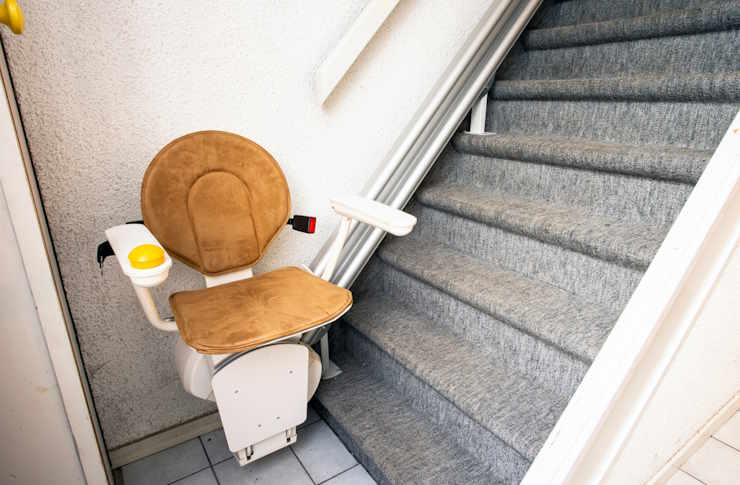Dental Implants for Seniors: Restore Smiles & Confidence
Tooth loss becomes more common with age, affecting eating, appearance, and self-esteem. Dental implants provide seniors with a durable, natural-feeling alternative to dentures — preserving jaw bone, improving chewing, and boosting confidence. Read on for eligibility, the step-by-step process, recovery tips, cost expectations, and long-term benefits to help you decide if implants are the right choice.

Health and Eligibility Considerations for Senior Patients
Age alone is rarely a disqualifier for dental implants. What matters most is overall oral and systemic health: adequate jaw bone volume, healthy gum tissue, and stable management of chronic conditions. Conditions often associated with aging — such as diabetes or osteoporosis — can influence healing and implant success, but they do not automatically rule someone out. A careful evaluation by your dentist, often coordinated with your primary care physician, will determine whether preparatory treatments (like bone grafting) or tighter medical control are needed before moving forward.
What the Implant Process Looks Like for Older Adults
The implant journey typically unfolds over several months and involves distinct stages:
- Comprehensive assessment and planning: full dental exam, X-rays or CBCT imaging, and a treatment plan tailored to your oral health and medical history.
- Surgical placement: titanium implants are positioned in the jawbone under local anesthesia; sedation options are available for those who prefer them.
- Healing and osseointegration: the implant bonds with the bone, a process that generally takes about 3 to 6 months, though timing can vary by patient.
- Final restoration: once integration is confirmed, a crown, bridge, or prosthesis is attached to restore chewing function and aesthetics.
Older patients may require additional pre-treatment steps (for example, gum therapy or grafts) to create a favorable environment for implants.
Recovery, Aftercare, and Longevity
Healing can be somewhat slower in seniors, so following post-operative instructions and allowing adequate time for recovery is important. Key steps for a successful outcome include:
- Meticulous daily oral hygiene and any dentist-recommended cleaning routines.
- Attending scheduled follow-up visits to monitor healing and detect issues early.
- Managing overall health — good blood sugar control, smoking cessation, and proper nutrition support tissue repair.
With consistent care and routine dental check-ups, implants are highly durable and can last for decades, making them a long-term investment in oral health and quality of life.
Cost Estimates and Insurance Factors
Below are typical price ranges based on recent market data; actual fees vary by location, provider, and case complexity. Verify current costs with your dental office and your insurer.
| Procedure Type | Average Cost Range | Typical Insurance Coverage |
|---|---|---|
| Single Implant | $3,000–$4,500 | 0–50% coverage |
| Full Arch Implants | $20,000–$35,000 | Limited coverage |
| All-on-4 Implants | $25,000–$50,000 | Partial coverage possible |
Pricing may change over time; consider obtaining itemized estimates, exploring financing plans, and checking whether parts of the treatment (such as extractions or certain lab fees) are covered by dental or medical insurance.
Long-term Advantages for Senior Oral Health
Dental implants deliver several benefits that extend beyond appearance:
- Preserve jaw bone density by transmitting chewing forces to the bone, reducing bone loss that often follows tooth loss.
- Help maintain facial structure and reduce the sunken appearance that can accompany missing teeth.
- Improve chewing efficiency and nutrition, enabling a wider variety of healthy foods.
- Eliminate the need for adhesives and the frequent adjustments required by removable dentures, offering a more stable and comfortable solution.
These functional and aesthetic improvements can lead to better overall health and greater confidence in daily life.
Final Notes and Medical Disclaimer
This information is intended to educate and does not replace personalized medical or dental advice. Every patient’s needs are unique; consult a qualified dentist and your healthcare provider to discuss risks, benefits, and whether dental implants are the best option for your situation.




